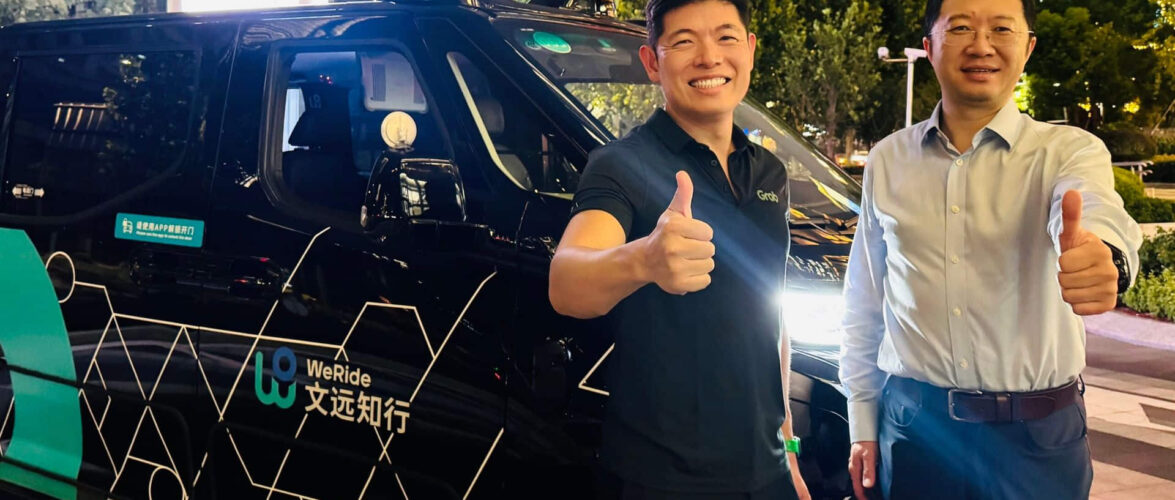For 23-year-old Dolly Sharma from Kolkata, the capital city of India’s West Bengal State, the national lockdown India imposed last year to contain COVID-19 did more than just keep her safe. It also altered many aspects of her life, including her grooming regimen.
One notable change for Sharma was that instead of frequenting physical stores for familiar international brands, she started trying products from several new, local grooming brands.
“During the pandemic, I discovered an Indian product online that had the same effect on my skin as one from the brand Skeyndor, and it was also pocket-friendly,” Sharma said.
Sharma is one of the many Indians who are taking a liking to these kinds of brands, also known as the direct-to-consumer (D2C) brands, which design and sell beauty products, apparel, accessories, and other items, directly to consumers online, cutting out middleman distributors to bring down the prices of their products.
D2C beauty space on the rise
Of all the D2C subcategories, beauty and skincare is the one that glows the most.
Historically, gadgets, apparel, and beauty products have long topped the popularity charts in the Indian e-commerce sector, especially on marketplaces like Amazon and Flipkart, according to Ashish Fafadia, a partner at Blume Ventures, which has invested in online beauty marketplace Purplle.
“It’s only fitting for D2C commerce to emerge in two of these three categories,” Fafadia said.
Even before the pandemic hit India, the D2C beauty space had been growing steadily. According to a joint report by Praxis Global Alliance Labs and Knowledge Capital, between 2014 and 2020, investors invested USD 1.4 billion in D2C brands, with the beauty and fashion industries accounting for 54% of the total.
With India’s digital adoption sped up during the pandemic, investors started to see more potential in the space and raised their bets. The D2C beauty space in the country saw more funding in the first three months of 2021 than it had in the entire year of 2020, according to a report by the Economic Times citing data from market researcher Tracxn.
Currently, India has over 80 plus D2C brands across beauty care, men’s grooming, and cosmetics. And the country’s overall online personal care and cosmetics business is predicted to reach USD 4.4 billion by 2025.
Besides competitive pricing, D2C beauty brands are winning over consumers with products that are personalized and customizable by leveraging technologies including AI and machine learning.
Suvarna Joshi, a senior research analyst at Axis Securities, believes that “D2C brands are the next emerging theme in the consumption space” because consumers “are seeking platforms offering customization and personalization in everything they buy.”
For instance, brands like SkinKraft, MyGlamm, and GlaMate are curating customized products through AI and predictive analytics.
“Our various ML-based algorithms study the user’s behavioral and transactional data on the MyGlamm platform to provide the best possible personalized product experience for every user,” Deep Ganatra, CTO of MyGlamm, told KrASIA.
Legacy players turn to D2C
The prospects of the D2C beauty space have attracted the attention of some bigger and more established players, which have been exploring their own D2C paths.
“Legacy businesses with capabilities have jumped on the bandwagon either by launching their D2C brand or by acquiring or investing in promising D2C brands,” said Suvarna Joshi, who believes legacy FMCG players have large headroom for growth.
She added that “large FMCG companies would get direct access to consumer insights, perceptions, and post-purchase evaluations, in addition to acquiring digital know-how, which is vital for them to stay ahead in the rising e-commerce trend.”
Although D2C brands are growing fast, legacy players, including traditional FMCG companies and large e-commerce platforms such as Nykaa, still take the lead over D2C upstarts as they can reach most supermarkets across India. Based on net sales, Hindustan Unilever emerged as a market leader in the personal care segment.
To win the cutthroat competition, D2C personal care and beauty brands have adopted an omnichannel strategy. Brands like Pulm, Bombay Shaving Company, Sugar Cosmetics are making their retail footprint by going offline and setting up brick-and-mortar stores. “Brands cannot work in silos anymore. A deft, omnichannel strategy is the way to go forward. We have opened our first retail outlet owing to the phygital route,” said Gaurav Tiwari, co-founder of Mystique Earth.
(Illustration by Shreya Asopa)




